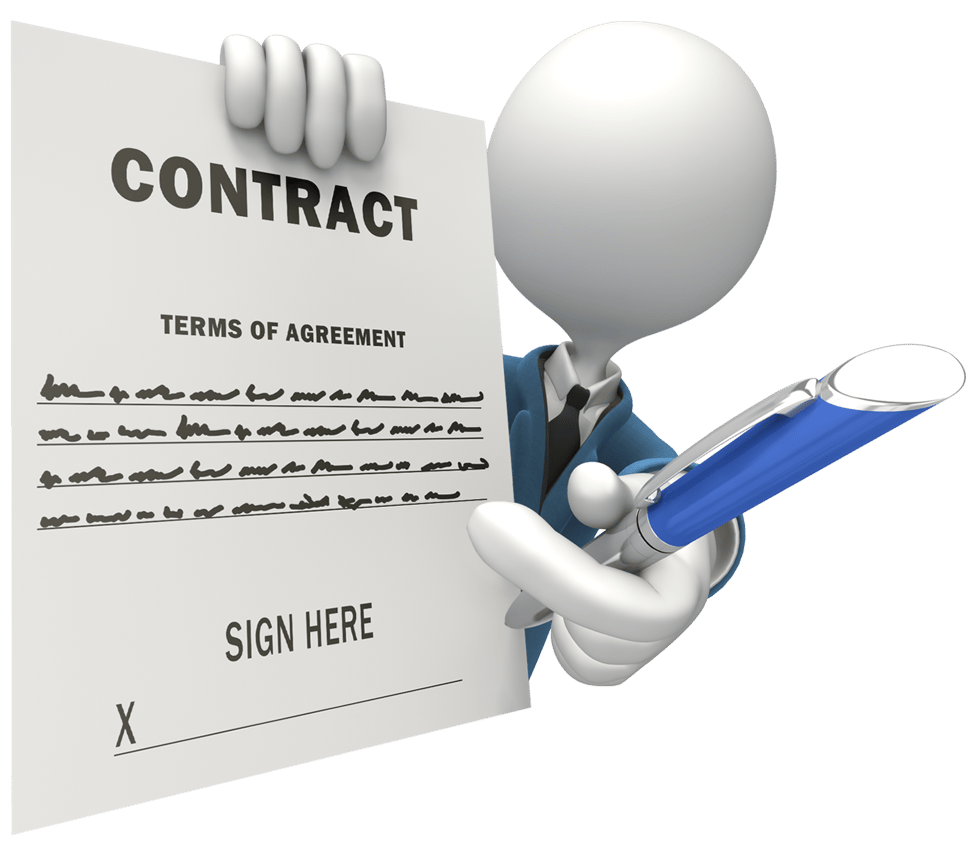In Canada, backing out of a real estate purchase agreement can have significant legal and financial consequences. Here’s what you need to know:
Can Buyers Back Out of a Real Estate Deal?
Yes, but there are risks. Buyers often walk away due to financial issues, overbidding regrets, or a bank’s refusal to fund the entire mortgage. Once a purchase agreement is signed, it becomes legally binding. Backing out usually means forfeiting your deposit and potentially being sued for the seller's financial losses.
Exceptions and Legal Ways to Exit a Deal
-Conditional Agreements: If conditions (e.g., financing, inspection) in the agreement are unmet, the deal may automatically dissolve.
-Contract Breaches or Misrepresentation: Issues like undisclosed liens, property damage, or seller misrepresentation can void the contract.
Risks of Walking Away
Buyers who back out after signing may face:
-Loss of deposit
-Lawsuits for the seller’s losses (e.g., if resale yields a lower price)
-Liability for seller's legal fees and carrying costs
Protect Yourself Before Signing
-Include clear conditions (e.g., financing, inspections).
-Consult a lawyer to ensure the contract protects your interests.
-Secure mortgage pre-approval.
When Sellers Back Out
Sellers face legal consequences if they renege, such as lawsuits or being ordered to complete the sale. Common reasons include emotional attachment, inability to find a new home, or better offers from other buyers.
Fraud and Scams
Both buyers and sellers must be cautious of scams, such as false identities, overpayment schemes, or fraudulent cash offers. Proper vetting and legal safeguards are crucial.
Whether buying or selling, always consult legal and real estate professionals to navigate the process, avoid pitfalls, and protect your interests.

